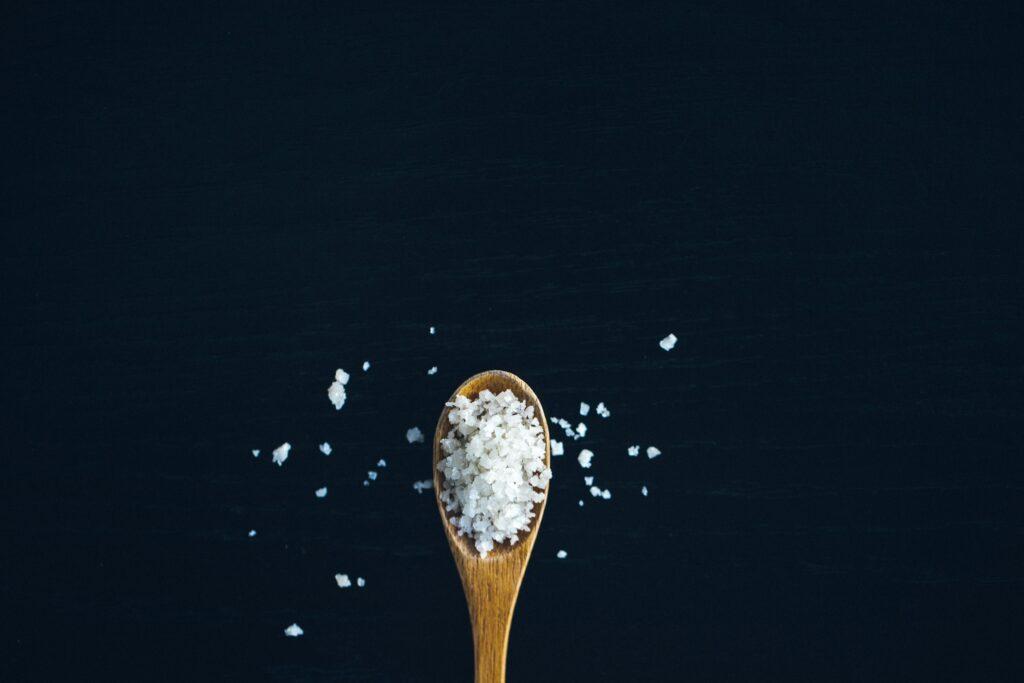What you should know about salt and salting
Salt, scientifically known as sodium chloride, is an essential mineral in human nutrition. It has been used for millennia not only as a seasoning but also as a preservative and medicine. The importance of salt is often emphasized due to the health risks associated with both excessive and insufficient intake.
Composition and Role in the Human Body
Salt consists of two ions: positively charged sodium and negatively charged chloride. These ions are crucial for maintaining the electrolyte balance necessary for the proper functioning of the nervous system and muscles. Salt intake increases plasma osmotic pressure, influencing body fluid balance and consequently blood pressure. It also plays a role in producing stomach acid, essential for digestion.
Significance in Food Preparation
Salt enhances the flavor of food and makes it more enjoyable, playing a vital role in appetite regulation. Its most well-known function in food preparation is preservation, as it inhibits the growth of bacteria and other microorganisms. Additionally, it balances and highlights flavors in food preparation, aiding in the consistency and structure of dough in bread and pasta making.
Health Impacts of Excessive Salt Consumption
It is crucial to note that excessive salt consumption can lead to health issues. High blood pressure, one of the main risk factors associated with high salt intake, increases the frequency of cardiovascular and kidney diseases. In Hungary, nearly half of the deaths in 2019 were due to cardiovascular diseases, significantly influenced by high blood pressure.
Preventing high blood pressure involves a healthy diet, reducing salt intake, maintaining normal weight, avoiding excessive alcohol and smoking, and engaging in regular physical activity. Reducing salt intake can decrease blood pressure, thus avoiding many cardiovascular events and deaths. Excessive salt can also increase calcium excretion in the kidneys, contributing to decreased bone mineral density and accelerating osteoporosis.
Related news
Ministry of Agriculture supports the food industry’s adaptation to new challenges
🎧 Hallgasd a cikket: Lejátszás Szünet Folytatás Leállítás Nyelv: Auto…
Read more >Related news
Festival buzz at the 60th anniversary EuroShop trade fair
🎧 Hallgasd a cikket: Lejátszás Szünet Folytatás Leállítás Nyelv: Auto…
Read more >Historic price reduction at ALDI
🎧 Hallgasd a cikket: Lejátszás Szünet Folytatás Leállítás Nyelv: Auto…
Read more >










